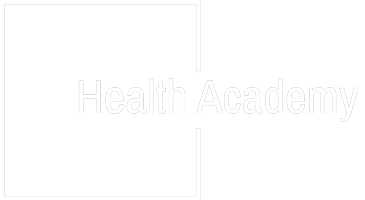Search for Documents and Guidelines
Health care-associated infections (HAI) are one of the most common adverse events in care delivery and a major public health problem with an impact on morbidity, mortality and quality of life. At any one time, up to 7% of patients in developed and 10% in developing countries will acquire at least one HAI. These infections also present a significant economic burden at the societal level. However, a large percentage are preventable through effective infection prevention and control (IPC) measures.
This manual provides an overview of the main OSH risks faced by emergency responders during disease outbreaks and other emergencies, such as natural disasters, chemical incidents, radiological emergencies and emergencies involving conflicts.
The World health statistics report is the World Health Organization’s (WHO) annual compilation of the most recent available data on health and health-related indicators for its 194 Member States.
The 2022 edition features the latest data for 50+ indicators from the Sustainable Development Goals (SDGs) and WHO Triple billion targets. A total of 35 indicators present at least 2020 data (from comparable estimates and primary data) and 16 indicators include data between 2017 and 2019.

